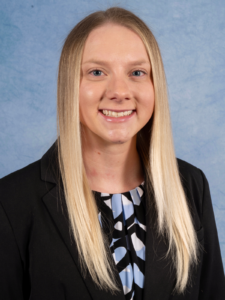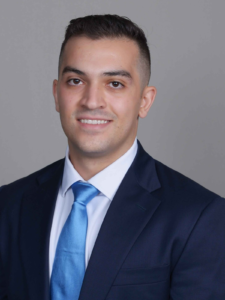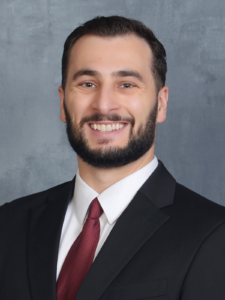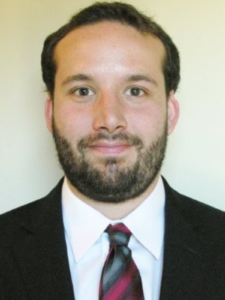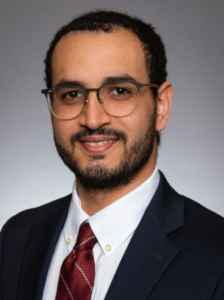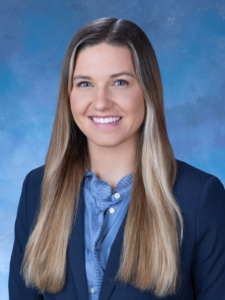Networking is one of the most frequently mentioned buzzwords when discussing how to enhance your competitiveness for residency. It’s no secret that building relationships with faculty and residents at specific programs can significantly increase your chances of matching there. But how can you effectively network in a way that yields real opportunities?
Let’s break it down—Matchpal style.
Understanding Networking in Medicine
Networking is a broad term that encompasses everything from brief encounters and introductions to long-term mentorship. The goal is to establish connections with individuals in your field of interest at varying career stages who can leverage their resources and experiences to guide you on your path to residency. This is particularly important for students without home residency programs.
A well-developed network can help in many ways, including securing research projects, obtaining away rotations, landing residency interviews, and even matching into your top-choice program – and yes, we have seen students leverage their network for each and every single one of these!
Where to Start: Identifying Networking Opportunities
1. Leverage Upperclassmen and Recent Graduates
Your first and most accessible resource is upperclassmen at your institution and recent graduates who have matched into your specialty. They have firsthand experience navigating the process and can provide valuable insights, tips, and possibly even connections to faculty or residents at their program.
2. Engage During Clinical Rotations
Your clinical rotations present a prime opportunity to network with residents and attendings. Even if you aren’t assigned to a specific clinical service, don’t hesitate to reach out. A simple email or knock on a faculty member’s office door to introduce yourself, express your career interests, and seek advice can go a long way. Many physicians are happy to mentor students who show initiative and genuine enthusiasm.
3. Utilize Specialty-Specific Societies and Mentorship Programs
Local and national medical organizations often offer free mentorship programs that pair medical students with established physicians in their field of interest. While these relationships may not always be long-term, they can serve as an entry point to meeting influential people willing to provide some form of insight and guidance. Keep in mind that these programs are for general networking and advice rather than formal application preparation or interview coaching (which is exactly what our platform is here for!)
4. Attend Conferences, Webinars, and Panel Discussions
Medical conferences, specialty webinars, and Q&A panels are excellent ways to immerse yourself in your chosen field while identifying key players in the specialty. After attending a session, follow up with speakers or panelists via email to introduce yourself and express interest in their work. This proactive approach can set the foundation for valuable future interactions.
Sustaining and Strengthening Your Connections
Making a connection is only the first step. To maximize the impact of your networking efforts, you must maintain and nurture these relationships.
Keep Track of Contacts: Maintain a list of people you meet, noting their specialty, institution, and any advice or opportunities they mentioned. This helps you follow up appropriately.
Follow Up and Stay Engaged: If someone offers guidance or suggests opportunities such as research projects, rotations, or readings, follow up promptly to express your appreciation and interest. Check in periodically to provide updates and sustain the relationship.
Be Genuine and Respectful: Authenticity goes a long way. Approach networking with a mindset of learning and connection rather than just personal gain.
Professionalism and Reputation Management
In medicine, your reputation is everything. The medical community is small, and word—especially negative impressions—travels fast.
Know the Balance Between Persistence and Annoyance: While follow-ups are important, respect the workload and time constraints of those you reach out to. If someone doesn’t respond after a reasonable number of attempts, it may be best to move on.
Be Professional in Every Interaction: Treat every networking opportunity as an interview. Be polite, appreciative, and professional, whether communicating via email, at a conference, or during a casual encounter.
Remember: No One Owes You Anything: People engage with you because they want to help, not because they have to. Recognizing this and showing gratitude in every interaction will leave a lasting positive impression.
Our team has helped over 1,000 students crush the USMLE/COMLEX exams and match into their dream specialties.
Don’t leave a single aspect of this process up to chance – get personalized coaching and tutoring for every single step of your road to Match Day.
If you are interested in specialty-specific strategies for networking, residency application preparation, away rotation guidance, or USMLE/COMLEX tutoring, fill out a free consultation form below!








